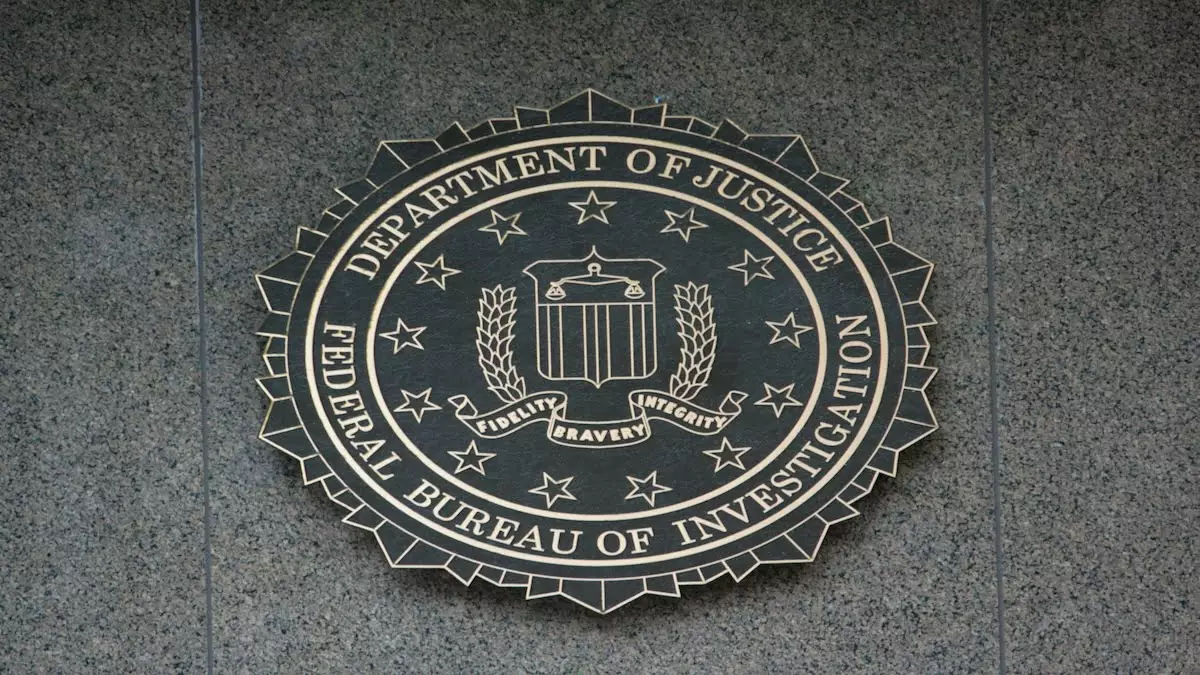The recent decision by the FBI to utilize Non-Fungible Tokens (NFTs) to return $1.14 million to victims of the CluCoin fraud has garnered significant attention. This groundbreaking move marks the first instance of law enforcement agencies leveraging NFT technology to provide restitution to victims of fraudulent activities. Victims of the CluCoin scam will receive notifications via NFTs containing detailed instructions on how to reclaim their stolen funds. By adopting this unconventional approach, the FBI aims to circumvent the traditional methods of victim communication that are often exploited by cybercriminals.
The utilization of NFTs by the FBI in the CluCoin case could potentially herald a new era for the legal and governmental sectors. The intrinsic qualities of NFTs, such as security and transparency, make them an ideal tool for enhancing accountability and safeguarding the integrity of legal transactions in the digital age. Envision a future where NFTs are employed to securely verify identities, disseminate information regarding restitution claims, and manage legal documents efficiently. This innovative strategy deployed by the Federal Bureau of Investigation may serve as a blueprint for the broader integration of NFTs in civil and criminal cases as the technology progresses.
As the use of NFTs in law enforcement becomes more commonplace, regulatory bodies are increasingly compelled to intervene and establish standardized frameworks for governing these digital assets. Currently, the realm of NFTs operates within a predominantly unregulated environment with rules that vary significantly across different jurisdictions. The emergence of NFTs in law enforcement practices necessitates close collaborations between government entities, law enforcement agencies, and blockchain platforms to formulate policies that safeguard the interests of victims of financial crimes and protect their digital assets.
The CluCoin fraud case serves as a prime example of the innovative application of cryptocurrency assets like NFTs in modern law enforcement. Through the recovery of stolen funds from CluCoin investors using NFTs, the FBI has showcased the potential for NFT technology to play a pivotal role in “digital policing” within the cryptocurrency realm. As NFTs evolve and mature, they may eventually become synonymous with digital law enforcement practices, revolutionizing the landscape of legal investigations and victim restitution.
The FBI’s adoption of NFTs to aid CluCoin fraud victims represents a significant milestone in the integration of blockchain technology within law enforcement practices. This pioneering approach underscores the transformative potential of NFTs in enhancing transparency, accountability, and efficiency in legal transactions. As NFTs continue to gain traction in the law enforcement sector, it is imperative for regulatory frameworks to be developed to govern the utilization of these digital assets effectively. The collaboration between government institutions, regulatory authorities, and blockchain platforms will be pivotal in ensuring the responsible and secure deployment of NFTs for victim restitution and legal enforcement purposes.

